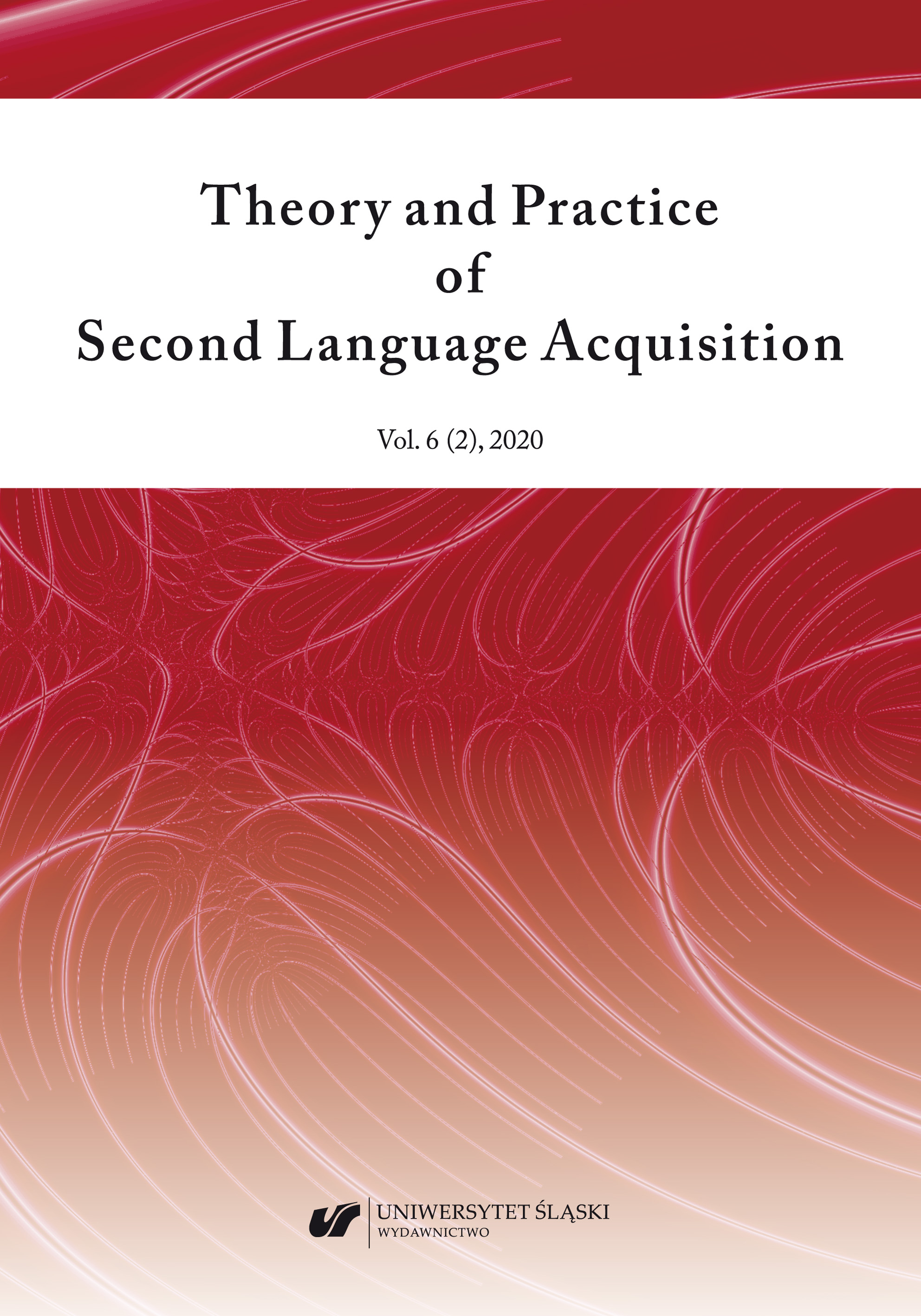The Influence of Living and Working Abroad on the Identities of Researchers and Native Speaker Teachers
The Influence of Living and Working Abroad on the Identities of Researchers and Native Speaker Teachers
Author(s): Teresa Maria WłosowiczSubject(s): Foreign languages learning, Psychology, Theoretical Linguistics, Applied Linguistics, Language acquisition, Culture and social structure , Migration Studies
Published by: Wydawnictwo Uniwersytetu Śląskiego
Keywords: identity; multilingualism; mobility; linguistic and cultural awareness
Summary/Abstract: The study investigates the influence of living and working abroad on the identities of researchers and native speaker teachers. Following Block (2009), Hall (2012), and Pavlenko and Blackledge (2004), identity is assumed here to be dynamic and multiple, where the different identities of a person can be more or less relevant in a given context (Hall, 2012, p. 33). Moreover, identities at the time of globalization tend to be hybrid (Marotta, 2011) and, in the case of migration, they can be bicultural (Comănaru, Noels, & Dewaele, 2017), but as Comănaru et al. (2017, p. 539) observe, each bicultural person’s identity is different, depending on his or her life history, language proficiency, psychological traits, etc. Simultaneously, there is evidence that multilingualism increases cognitive empathy (Dewaele & Li, 2012) and makes people more open-minded (Włosowicz, 2019), so it could be assumed that the participants would recognize their hybrid identities as an enrichment rather than a threat to their native identities, even though identification with their native languages and cultures, with their families, etc. would remain an important part of their identity. The research tool used in the present study was a questionnaire completed by forty native speaker teachers and researchers living abroad. As the results show, the participants’ identities are indeed highly complex, hybrid, and influenced by different factors, however, the native language and the family remain very important components of identity, unlike, for example, one’s profession. Still, they also admitted that foreign language knowledge enriched them culturally, intellectually, and emotionally.
Journal: Theory and Practice of Second Language Acquisition
- Issue Year: 2/2020
- Issue No: 6
- Page Range: 35-65
- Page Count: 31
- Language: English

